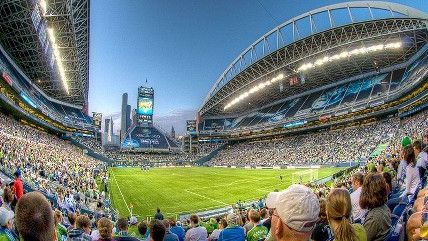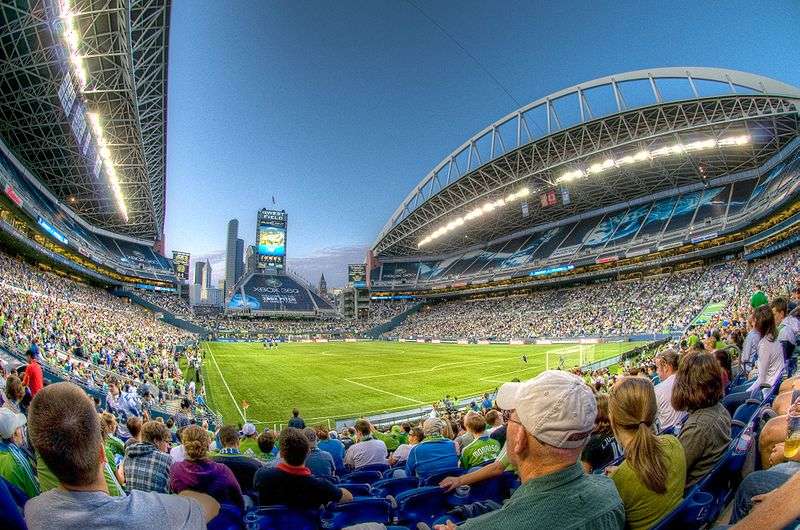Publicly-Funded Stadiums 'Completely Ruled Out' By Missouri's Governor-Elect
The city of St. Louis may still vote for spending taxpayer money on a soccer stadium, but the state of Missouri is out.


Missouri's Governor-elect Eric Greitens told reporters yesterday that he has "completely ruled out state funding for stadiums."
Greitens—who takes office next Monday—had recently affirmed his opposition to public funding for sports arenas, which he called "welfare for millionaires," in a post to his Facebook page. But yesterday, Greitens made it clear that any stadium built in St. Louis for a Major League Soccer (MLS) expansion franchise will have to be built without the aid of state funds or tax credits, according to The St. Louis Post-Dispatch.
The city of St. Louis's Board of Alderman has been considering adding a proposal seeking voter approval of $80 million in public spending on the prospective soccer stadium, which currently is estimated to cost $200 million. The Board has three more weeks to decide whether or not to put the measure on April's municipal ballot, but without state support, the Board may not even bother with a city-wide referendum.
Current Gov. Jay Nixon (D-Mo.)—a proponent of public spending for both the soccer stadium and the disastrous St. Louis Rams football stadium deal—said in December that he supports the allocation of $40 million in state tax credits to clear and develop the inner city area around where the soccer stadium would be built, whether the stadium is built or not.
Governor-elect Greitens says he still hopes the MLS ownership group will raise the sufficient "private-sector funding to bring a soccer team to the state of Missouri," but has been refreshingly (for a politician) skeptical of the rosy (some might say delusional) promises of economic benefit to the public put forth by by the ownership group and the Missouri Development Finance Board, which is currently stacked with Nixon appointees.
Read more Reason coverage on the folly of public funding for stadiums here.


Show Comments (52)